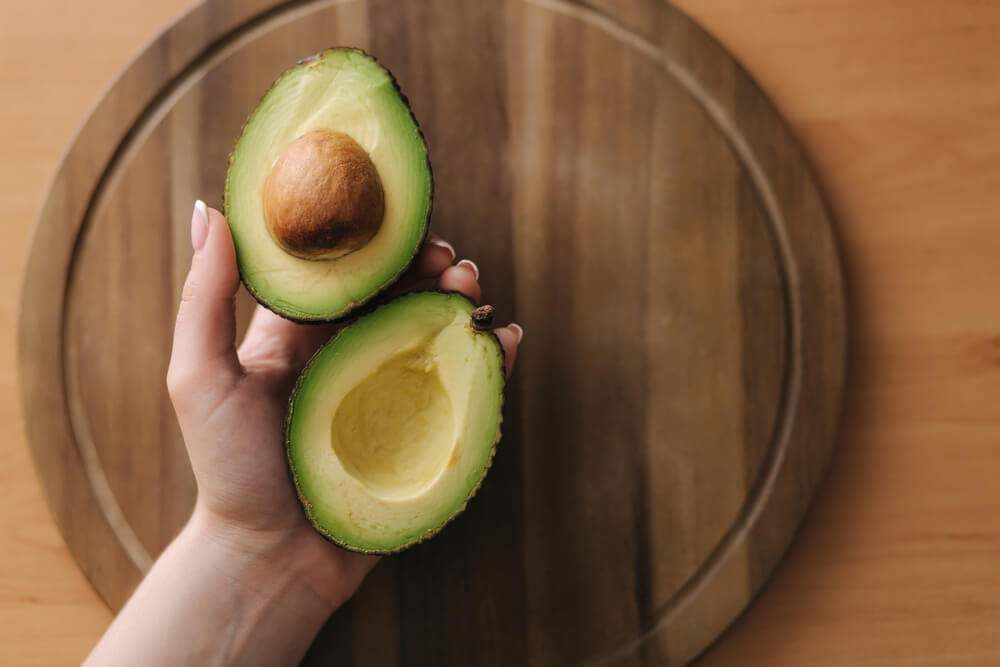Avocados are nutritious for humans but need careful consideration for dogs. They provide beneficial vitamins and healthy fats but also contain harmful elements. This guide examines their nutritional value, potential dangers for dogs, and safer alternatives. Understanding the benefits and risks helps pet owners make informed decisions about including avocados in their dog’s diet responsibly.
Understanding the Nutritional Value of Avocado
Avocados have long been celebrated for their rich nutritional profile and versatility in various dishes. But when it comes to our furry friends, many pet owners find themselves asking, “Can dogs eat avocado?” Understanding the nutritional value of avocado is essential to answering this question and ensuring the health and safety of our pets.
Avocado nutrition is impressive; these fruits are packed with healthy fats, fiber, vitamins, and minerals. They contain high levels of monounsaturated fats, which are known to support heart health in humans. Additionally, avocados are a good source of vitamins C, E, K, and several B vitamins. Their potassium content surpasses that of bananas, making them a powerhouse for maintaining proper cellular function.
However, when considering dog-safe foods, it’s crucial to examine whether these benefits translate safely to canine consumption. While some parts of the avocado (such as the flesh) can be safe for dogs in small amounts due to their beneficial nutrients like healthy fats and fiber, other parts can pose risks. The pit and skin contain persin (a fungicidal toxin) that can cause adverse effects in dogs if ingested in large quantities.
While there are benefits of avocado for dogs when consumed responsibly and in moderation (mainly focusing on the flesh), it is always best to consult with a veterinarian before introducing any new food into your dog’s diet. By doing so, you ensure that you are providing healthy foods for dogs without inadvertently causing harm.
Is Avocado Safe for Dogs? Breaking Down the Risks and Benefits

When it comes to the safety of avocado for dogs, pet owners often find themselves navigating conflicting information. Understanding the health risks and benefits associated with this popular fruit is crucial for making informed decisions about your canine companion’s diet.
Avocado contains a substance called persin, which can be toxic to some animals. However, dogs are generally more resistant to persin compared to other pets like birds and rodents. The primary concern is the pit, skin, and leaves of the avocado, which contain higher concentrations of persin and pose a choking hazard or potential for intestinal blockage.
On the flip side, avocados offer several nutritional benefits that could be advantageous for dogs when given in moderation. Rich in healthy fats, vitamins A, B6, C, and E, as well as fiber and potassium, avocados can contribute positively to your dog’s overall health. These nutrients support a shiny coat, healthy skin, and improved digestion.
Despite these benefits, it’s essential to exercise caution. Always remove the pit and skin before offering avocado flesh to your dog. Moreover, consult your veterinarian before introducing any new food into your pet’s diet to ensure it aligns with their specific health needs.
In summary, while avocados can provide certain health advantages for dogs when prepared correctly and served in moderation, they also come with risks that should not be overlooked. Prioritizing pet safety with food choices will help ensure your furry friend’s well-being.
The Role of Persin in Avocados
Avocados are often praised for their nutritional benefits in human diets, but for dog owners, it’s crucial to be aware of the potential risks they pose to canine health. One of the primary concerns is a substance called persin. Persin is a fungicidal toxin found in avocados that can be harmful to dogs if ingested in significant quantities.
Persin toxicity in dogs can lead to various health issues, ranging from mild stomach upset to more severe symptoms such as vomiting, diarrhea, and even respiratory distress. While the flesh of the avocado contains lower levels of persin compared to other parts like the pit and skin, it is still advisable to keep avocados out of your dog’s reach altogether.
Understanding harmful substances to dogs is essential for responsible pet ownership. In addition to persin in avocados, dog owners should also be cautious about other common household items and foods that could pose risks. By staying informed about dog health and avocados specifically, you can ensure that your furry friend remains safe and healthy while enjoying a balanced diet free from potentially hazardous substances.
Symptoms of Avocado Poisoning in Dogs
Avocado poisoning in dogs is a serious concern that pet owners should be aware of. While avocados are nutritious for humans, they can pose significant health risks to our canine companions. Understanding the dog poisoning symptoms associated with avocado toxicity is crucial for ensuring your pet’s well-being.
One of the primary signs of avocado toxicity in dogs is gastrointestinal distress. This can manifest as vomiting or diarrhea, often accompanied by abdominal pain and discomfort. If you notice your dog exhibiting these symptoms after ingesting avocado, it’s important to monitor them closely.
Another key indicator is difficulty breathing or coughing, which may occur due to the high-fat content in avocados leading to pancreatitis or other respiratory issues. Additionally, lethargy and weakness are common emergency symptoms in pets suffering from avocado poisoning. These signs suggest that your dog’s body is struggling to cope with the toxic effects.
In more severe cases, dogs may experience fluid accumulation around the heart and lungs, known as myocardial damage or pericardial effusion. This condition can be life-threatening and requires immediate veterinary attention.
If you suspect your dog has consumed avocado and exhibits any of these symptoms, it’s imperative to seek veterinary care promptly. Early intervention can make a significant difference in preventing severe complications and ensuring a swift recovery for your furry friend. Always keep avocados and other potentially harmful foods out of reach to maintain a safe environment for your pet.
Safe Alternatives to Avocado for Your Dog’s Diet
Avocados are often touted as a superfood for humans, but they can pose health risks to our canine companions. Fortunately, there are numerous safe fruits and dog-friendly snacks that make excellent alternatives to avocados in your dog’s diet.
One great option is apples. Apples are rich in vitamins A and C, which support a healthy immune system and skin. Just be sure to remove the seeds and core before offering them to your pet.
Blueberries are another fantastic choice. These small berries are packed with antioxidants that help combat free radicals in your dog’s body, promoting overall health.
Bananas serve as a sweet treat that dogs typically love. They provide essential nutrients like potassium and vitamin B6, aiding muscle function and energy metabolism.
Strawberries also make the list of healthy alternatives to avocados for pets. They contain fiber and vitamin C, contributing to digestive health and boosting immunity.
Lastly, watermelon (without seeds or rind) is an excellent hydrating snack for dogs during hot weather. It’s low in calories but high in vitamins A, B6, and C.
Incorporating these safe fruits into your dog’s diet not only diversifies their nutritional intake but also ensures they enjoy tasty treats without the risks associated with avocados.
Making Informed Choices About Your Dog’s Diet and Health
When it comes to feeding your dog avocado, the answer is nuanced. While certain parts of the avocado, such as the flesh, are generally safe in small quantities, other parts like the pit, skin, and leaves contain persin (a toxin that can be harmful to dogs). Additionally, avocados are high in fat which could lead to gastrointestinal upset or pancreatitis if consumed in large amounts.
Making informed choices about your dog’s diet and health is crucial. Always consult with your veterinarian before introducing new foods into your pet’s diet. They can provide personalized advice based on your dog’s specific health needs and dietary requirements. Remember that while some human foods can be a healthy treat for dogs, others can pose serious risks.
By staying informed and cautious about what you feed your furry friend, you can ensure they lead a happy and healthy life.






